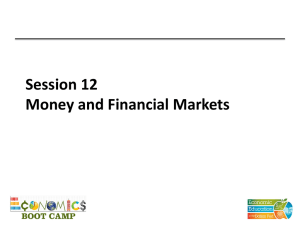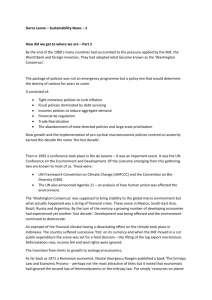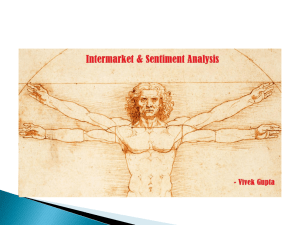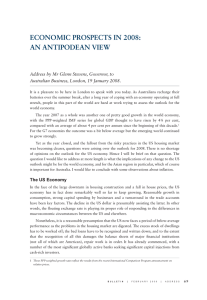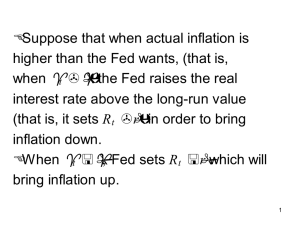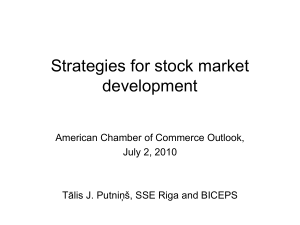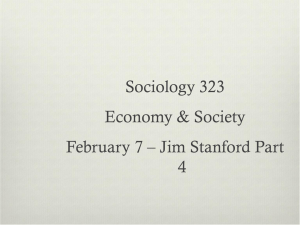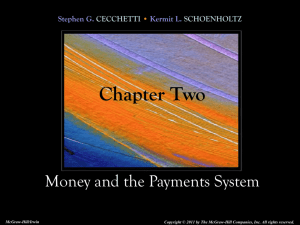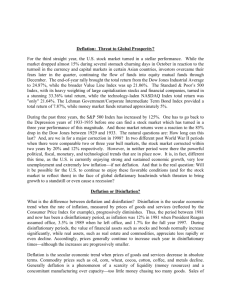risks_to_the_global_..
advertisement
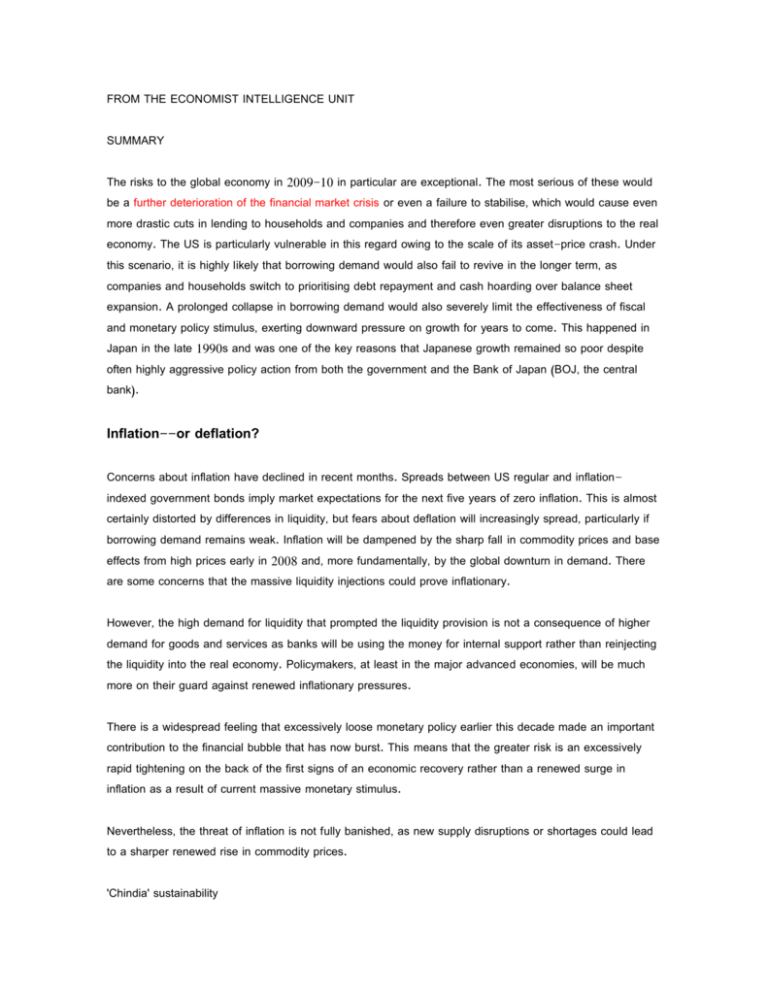
FROM THE ECONOMIST INTELLIGENCE UNIT SUMMARY The risks to the global economy in 2009-10 in particular are exceptional. The most serious of these would be a further deterioration of the financial market crisis or even a failure to stabilise, which would cause even more drastic cuts in lending to households and companies and therefore even greater disruptions to the real economy. The US is particularly vulnerable in this regard owing to the scale of its asset-price crash. Under this scenario, it is highly likely that borrowing demand would also fail to revive in the longer term, as companies and households switch to prioritising debt repayment and cash hoarding over balance sheet expansion. A prolonged collapse in borrowing demand would also severely limit the effectiveness of fiscal and monetary policy stimulus, exerting downward pressure on growth for years to come. This happened in Japan in the late 1990s and was one of the key reasons that Japanese growth remained so poor despite often highly aggressive policy action from both the government and the Bank of Japan (BOJ, the central bank). Inflation--or deflation? Concerns about inflation have declined in recent months. Spreads between US regular and inflationindexed government bonds imply market expectations for the next five years of zero inflation. This is almost certainly distorted by differences in liquidity, but fears about deflation will increasingly spread, particularly if borrowing demand remains weak. Inflation will be dampened by the sharp fall in commodity prices and base effects from high prices early in 2008 and, more fundamentally, by the global downturn in demand. There are some concerns that the massive liquidity injections could prove inflationary. However, the high demand for liquidity that prompted the liquidity provision is not a consequence of higher demand for goods and services as banks will be using the money for internal support rather than reinjecting the liquidity into the real economy. Policymakers, at least in the major advanced economies, will be much more on their guard against renewed inflationary pressures. There is a widespread feeling that excessively loose monetary policy earlier this decade made an important contribution to the financial bubble that has now burst. This means that the greater risk is an excessively rapid tightening on the back of the first signs of an economic recovery rather than a renewed surge in inflation as a result of current massive monetary stimulus. Nevertheless, the threat of inflation is not fully banished, as new supply disruptions or shortages could lead to a sharper renewed rise in commodity prices. 'Chindia' sustainability There is no doubt that the weakening of advanced economies, the spreading of the financial crisis and the sharp fall in commodity prices (until now an important driving force for growth in commodity-rich countries) will have a severe impact on emerging economies, and the risk of financial difficulties in these countries has increased substantially. There are also concerns that after the earlier rapid expansion, the economies of China and India are shifting to a more moderate growth path. In China, distortions in the financial sector have fuelled overinvestment, particularly in property and basic materials, raising the possibility of a sharp rise in non-performing loans and a collapse in investment, with serious implications for the whole economy. India is suffering from a deteriorating real estate sector and sharp drop in stockmarkets. A slump in commodity prices arising from a sharper than forecast correction in global growth could hit those commodity-dependent countries that have used recent record revenue for lavish spending programmes. Geopolitical tension Other main short-term risks are related to geopolitical developments. Violence in Iraq has abated somewhat, but an escalation pitting the US against other regional players remains possible--although such a scenario has become less likely following the election of Barack Obama as the new US president. Iran's growing role in the region will also prolong tensions with the US, and a possible US or Israeli air strike could have serious effects on global oil prices by threatening both oil production and transit in the Persian Gulf specifically. Terrorist attacks remain a lingering concern in many countries. There is a risk that an increase in the terrorist threat affecting a major economy, particularly if it should involve weapons of mass destruction, will lead to a sharp rise in obstacles to trade (through much tighter border controls). Trade protectionism tends to rise on the agenda during economic downturns and will therefore become a greater concern. The focus will be on targeted measures against specific countries deemed to engage in unfair competition. With the renminbi still cheap and appreciating only gradually, US and European politicians will continue to call for faster renminbi appreciation, and will increasingly revert to countermeasures such as anti-dumping action.


